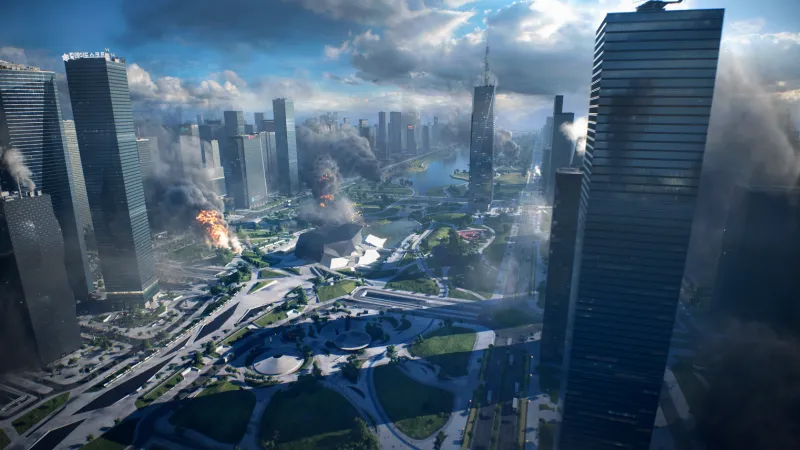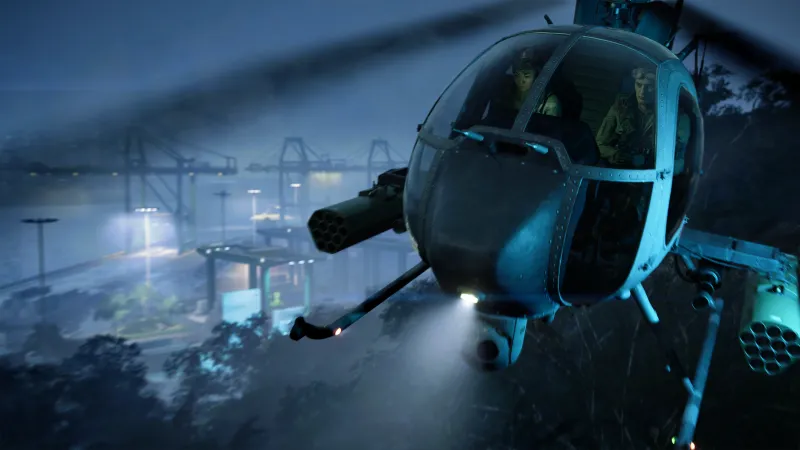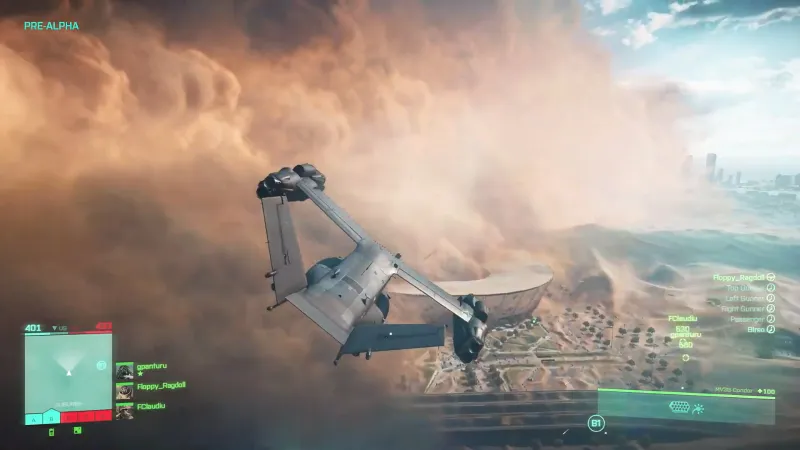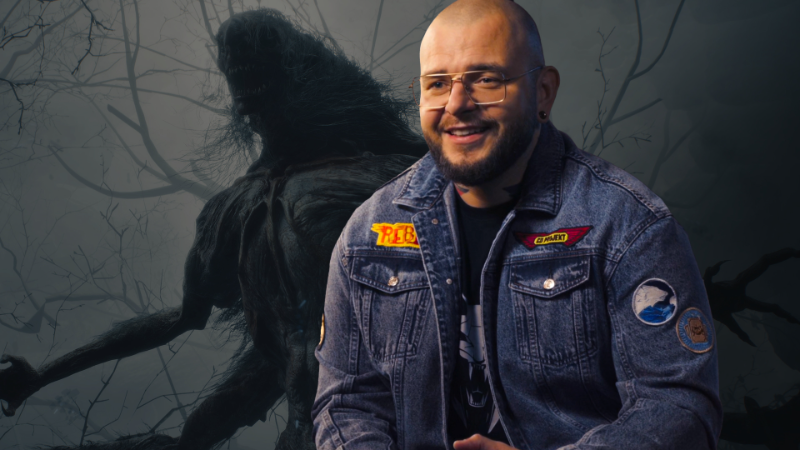
When Battlefield 2042 was first announced, fans of the longstanding FPS series rejoiced. 2042 is bringing Battlefield back to its roots, bringing back the shooter to what made it stand out: the verticality freedom, the chaos, and the special tactics used. But more than that, DICE is taking 2042 a step further, ramping up that chaos factor by implementing weaponized tornadoes, dynamic weather, and so much more. Because of the blend of new and familiar, the studio has received a lot of questions regarding Battlefield 2042, questions the team is answering today.
With a new showcase called Answering Your Reveal Questions, senior design director for Battlefield 2042, Daniel Berlin, sat down to do just that. He also offered a closer look at the various Specialists, the different maps, vehicles, and AI soldiers. He also talked a little more about the Technical Playtest going down later this Summer as well as how cross-progression and crossplay will work for 2042.
Before the reveal, Game Informer got some up close and personal time with Battlefield 2042 and we broke down the different classes and Specialists shown. These Specialists are an all-new type of playable soldier for the Battlefield franchise, inspired heavily by the traditional classes. Each Specialist will have their own unique Speciality trait and Speciality, but will no longer be limited in what they can or cannot have in their loadouts.
At launch, 2042 will offer 10 Specialists, four of which have already been revealed with Mackay, Falck, Boris, and Casper. While today’s showcase didn’t show off the remaining six, Berlin promises that a closer look at the unrevealed Specialists will be arriving in the coming months.

Specialists Specialities and Traits can’t be changed, but each are unique in their own way. Falck, for example, uses the Combat Surgeon Trait, this Trait allows this Specialtist to revive allies back to full health. It gives her Squad Revive, which is a returning feature for the series, though this one does not bring back a player’s full health status.
Regarding loadouts, class restrictions are no longer a thing, something we talked about previously in our own coverage. Players, regardless of Specialist, will be able to pick any of the following that they want, regardless of weapon type: Primary Weapon, Equiptment, Secondary Weapon, and Throwable.
According to the studio, “Specialists now have the ability to fully customize their Loadout, which means you have to make a choice about your focus on the battlefield. For example, you could opt for a Carl Gustaf M5, which is a unguided rocket launcher effective against vehicles at mid range. Or would you instead like an anti-air approach via the FIM-33 AA Missile? Choosing a more explosive approach for your Equipment slot would mean you won’t be able to carry a Medical Crate, or a Supply Crate, and thus leaves you without health or ammo replenishing options. So choose wisely.”
Berlin also confirmed that Ranger is neither a Trait nor a Speciality, which means it won’t be unique to any one Specialist. Insteady, anyone can call them in when additional backup is needed. Again, “choose wisely,” because calling in Rangers means you’re choosing that over other options available, which can make or break the tide for a match.

The team also confirmed that seven new maps will be available at launch, which you can learn more about here.
Berlin also dove into how Clustering and Sectors optimize gameplay in Conquest. Clustering created specific areas of activity and capturable areas for players to utilize, while Sectors changes how a player can control an area. Players must gain and keep control of the flags in a Sector lest it become contested.
A big part of the Battlefield reveal was the difference in server sizes. On current-gen systems, players will be in a pool of 128, whereas last-gen players will have a pool of 64. Weapons, Vehicles, Specialists and Gadgets will be the same no matter what generation of console people are on. Dynamic Weather events such as tornadoes, or Environmental Hazards like EMP storms will also be available for all. So why change the pool size? Berlin said that the intention behind this was to ensure that the demanding experience of Battlefield 2042 plays the way it is meant to, regardless of the difference in platform. The smaller size for PlayStation 4 and Xbox One players means a more contained experience with all of the same features, just less demanding and therefore less prone to the typical online glitches.
Berlin also confirmed an very popular question, one we here at GI have received a lot: Yes, you can only play Battlefield 2042 online. While there are AI soldiers so that players can take to the game solo, the game still needs a reliable internet connection. Speaking of technical tie-ins, the ability to play with others regardless of platform is a big reason why the Technical Playtest was pushed back until later this SUmmer, to give the team time to ensure that crossplay will work as intended.
To learn even more about Battlefield 2042 and what Berlin had to say, check out the full showcase right here.

